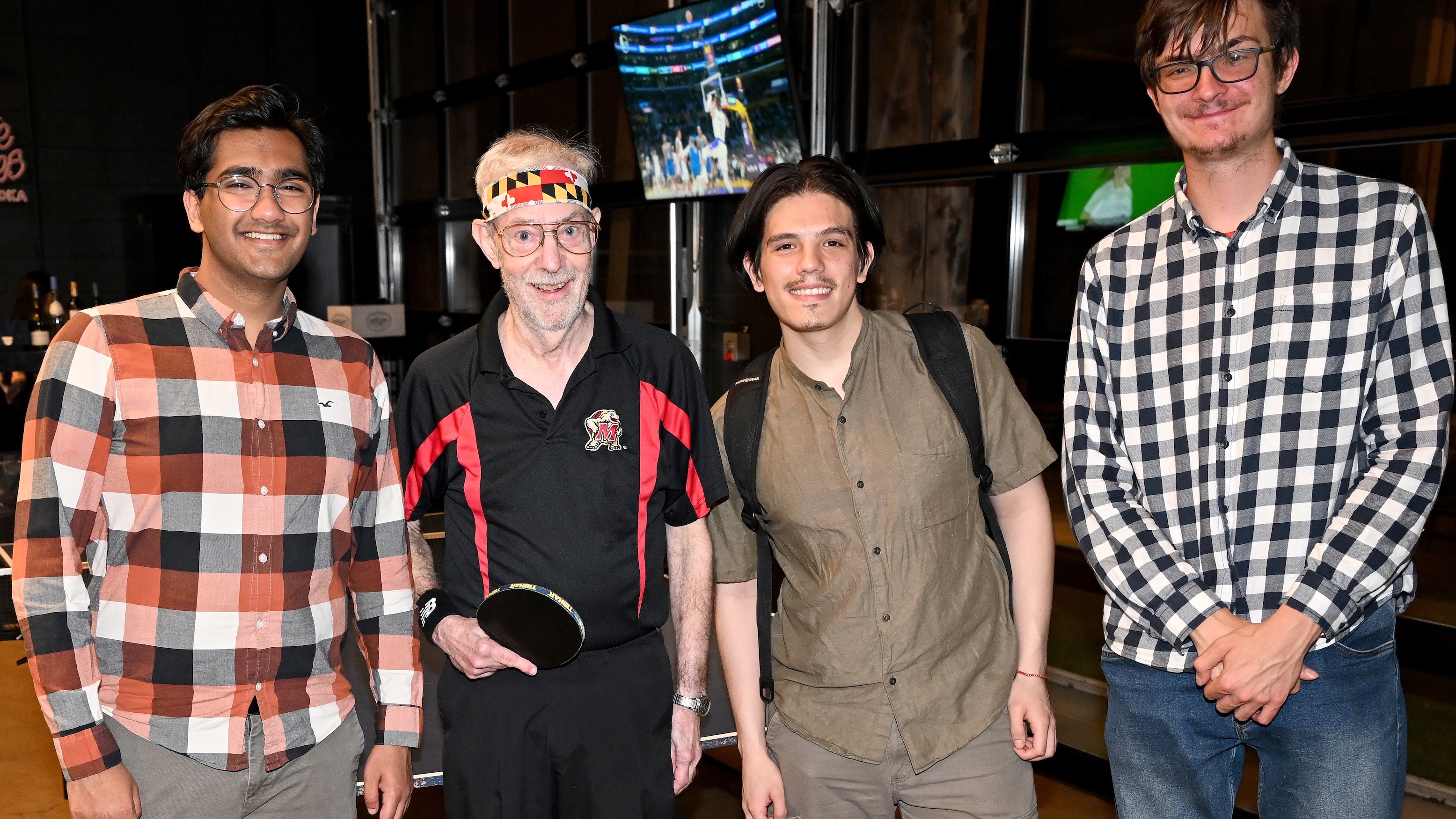Meaning Meeting - Fëdor Golosov / Existential bare duals in Kazym Khanty with frozen scope: Evidence against a classic neo-Carlsonian account

Meaning Meeting - Fëdor Golosov / Existential bare duals in Kazym Khanty with frozen scope: Evidence against a classic neo-Carlsonian account
Tuesday February 27, Fedya updates the Meaning Meeting about his work on dual number in Kazym Khanty.
Not all languages have articles like English or Spanish: some use bare nouns in argument positions. For these articleless languages, there were attempts to propose a formal semantic account on how they end up full-fledged arguments of a predication. The most influential point of view is represented by the so-called neo-Carlsonian account (Chierchia 1998; Dayal 2004 et conseq.). According to the neo-Carlsonian account, bare nouns are born as properties (= predicates over individuals, <e,t>) and undergo covert semantic type shifts when in argumental position. In the classic neo-Carlsonian account, there are three main type-shifts in the system:
- IOTA takes a property an returns the maximal member of its extension (≈ the)
- EX takes a property and returns the generalized existential quantifier with one argument filled with this property (≈ a)
- NOM takes a property and returns a kind argument (formally the set of all instances of this kind).
The type shifts are all available unless the language has a lexical counterpart with the same semantics (the Blocking Principle). They are ranked, however: {IOTA/NOM>EX}, which means that unless IOTA or NOM is blocked by the Blocking Principle, it will always outrank EX. This approach predicts that: 1) in articleless language, non-pseudoincorporated NPs can not be shifted with EX; 2) if by some miracle they are shifted with EX, they should be able to take high scope. As I will show in my talk, the data from Khanty bare duals violate both the predictions: bare dual NPs can be interpreted existentially and have frozen scope.

